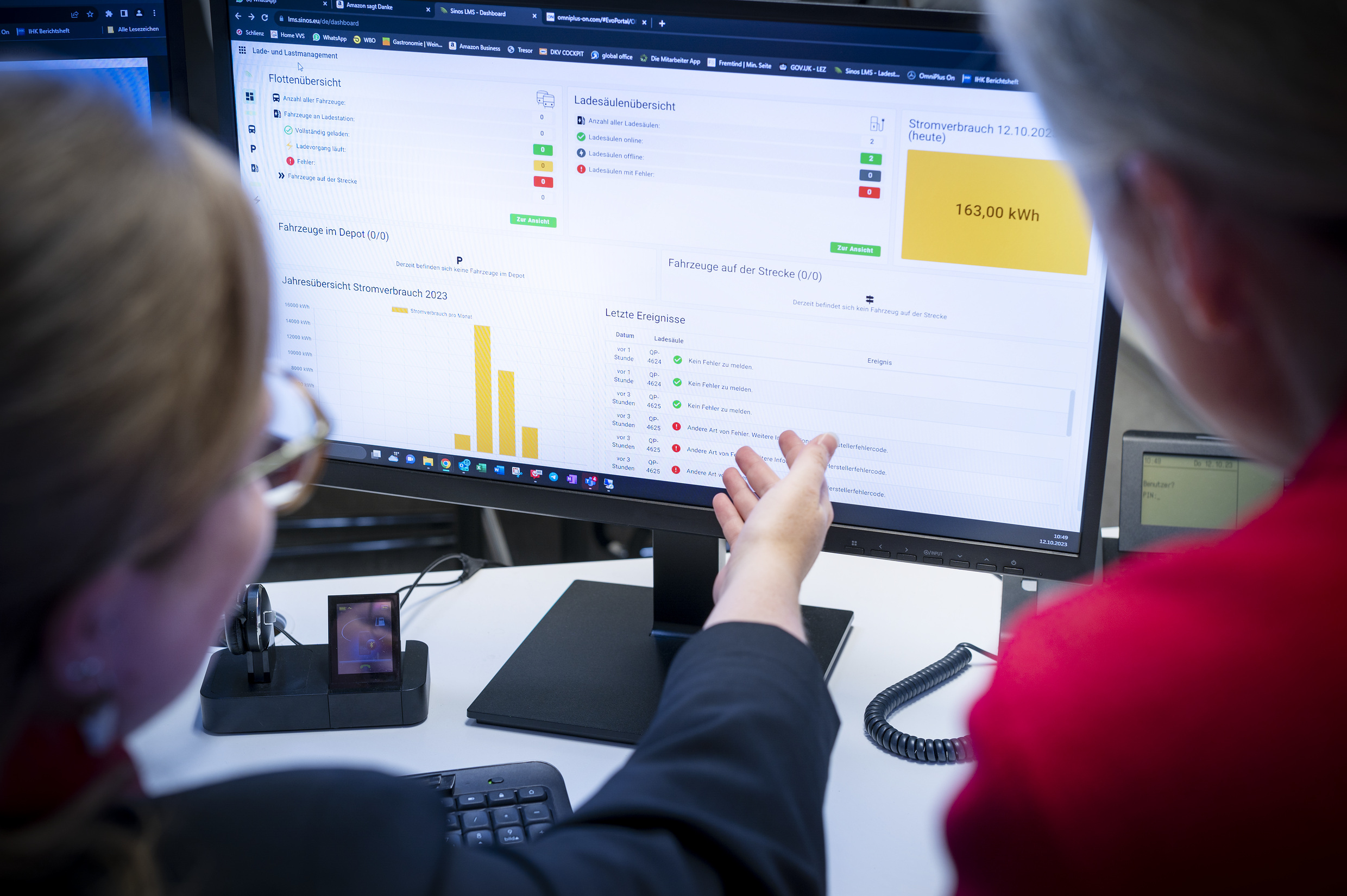Daimler Buses has acquired a 49% stake in SINOS GmbH, a Regensburg-based company specializing in software for managing electrified city bus fleets.
The move marks a significant step in Daimler’s long-term strategy to enhance the efficiency of electric bus operations through intelligent charging systems and digital depot management tools.
“SINOS software is user-friendly, efficient and scalable. That’s why it has been popular with our customers for years,” said Till Oberwörder, CEO of Daimler Buses.
“With this investment, we want to leverage SINOS’ expertise and innovation to develop even better charging software tailored to our e-buses.”

Smart charging, optimized operations
SINOS’ charging management software enables electric buses to charge during periods of low grid load and lower electricity prices, reducing both operational costs and environmental impact.
Beyond smart charging, SINOS also offers digital depot tools, including vehicle tracking, indoor positioning, and parking space allocation, helping operators streamline daily operations.
Since 2022, Daimler Buses has integrated SINOS’ software into its offering for fleet electrification. Today, over 20 transport companies in Europe are using SINOS’ tools in collaboration with Daimler Buses.
This partnership is further supported by Daimler Buses Solutions GmbH, a wholly owned subsidiary launched in 2023 to deliver turnkey electrification infrastructure—from e-bus configuration to chargers, battery storage, software integration, and depot construction.
Part of Daimler’s e-roadmap
Daimler Buses’ investment in SINOS aligns with its clear e-roadmap, which targets CO₂-free local transport across Europe by 2039, and for city buses by 2030.
The Mercedes-Benz eCitaro has been in series production since 2018, and a fuel cell version was added in 2023. The eIntouro intercity bus is expected by 2026, with electric coaches also planned by the end of the decade.
By enhancing digital solutions like those from SINOS, Daimler aims to improve fleet efficiency and accelerate EV adoption in key markets such as Europe and Latin America.







